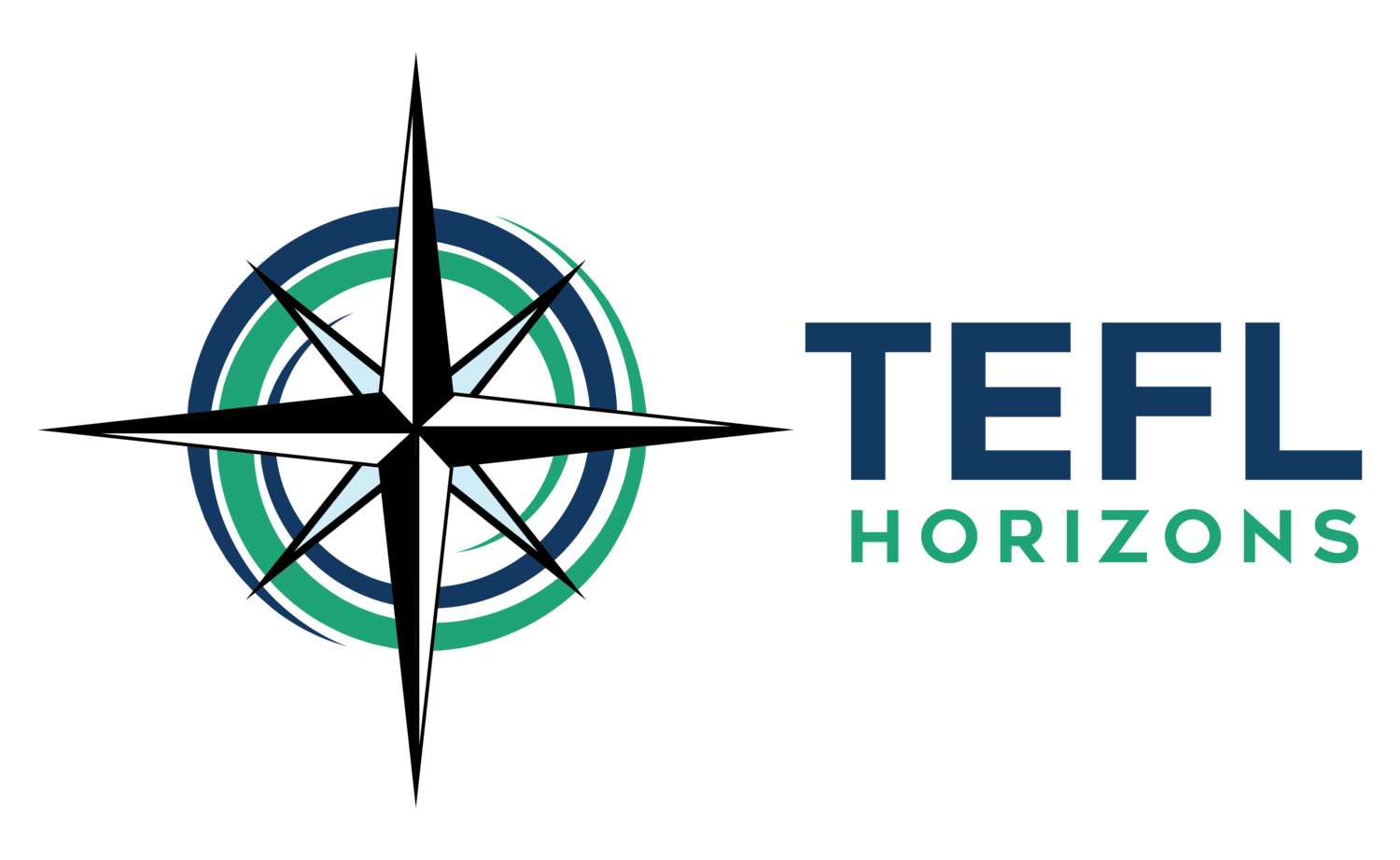Updates for the New Year and a Few Things I’ve Learned About Online Teaching
Show Notes
Welcome to the first Expand Your Horizons episode of 2021! In this episode, I'm sharing a few personal and professional updates, as well as summarizing a few key takeaway lessons I learned about teaching English online in the last year.
In this Episode
2020: it was quite a ride! A few personal updates
Professional updates
Lauren’s transition from TEFL Horizons to pursuing an MA
The launch of the Online English Teacher course - a culmination of everything I’ve learned so far about online teaching and methodology, which I’m extremely excited about. The pilot session is starting in February!
My own transition from in-person to online teaching and training, and how I’ve adapted
Six things I learned this past year about online teaching
1. How to use and adapt resources: lesson frameworks don’t change, but the materials do
2. Technology takes practice and patience… why you need a backup plan (or five)
3. Communication and connection still matters (and is still possible!) online - why it may be more important now than ever
4. Everything takes longer online… and how to plan accordingly
5. Overall, the good outweighs the bad: the things I now love about online teaching
Practice makes (almost) perfect: why good training matters even more for online teachers













